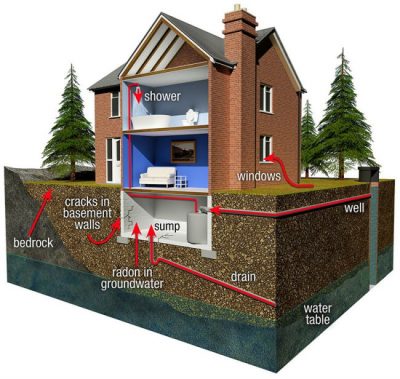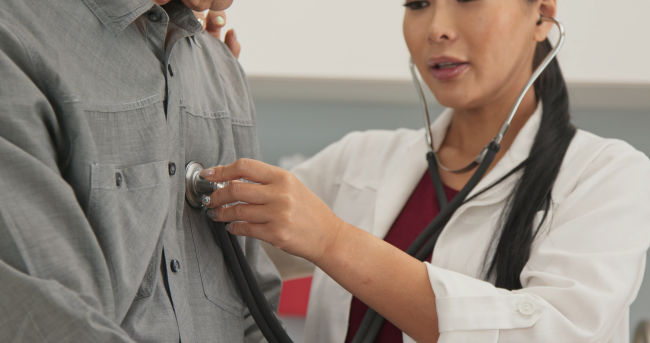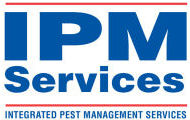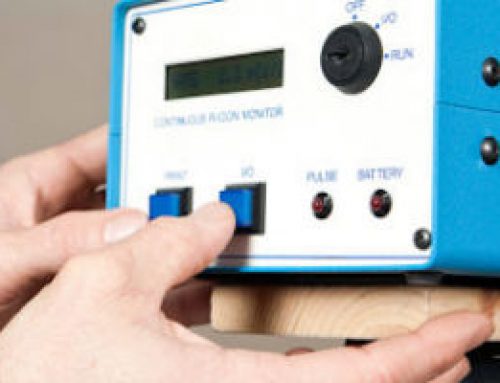Homeowners in Louisville, KY and across the United States are exposed to radon every single day. Radon is a naturally occurring, radioactive gas that comes from the breakdown of uranium in soil, rock, and water. After its breakdown, it is then emitted from the ground and into the air we breathe.
The problem with radon? You can’t see it, you can’t smell it, and you can’t taste it. Without being informed about potential radon poisoning, we run the risk of putting our health in harm’s way, without even knowing it.
Exposure to radon is unavoidable. Outdoors, radon levels are not necessarily a threat to human health. However, when radon becomes trapped inside our Louisville homes or office buildings, radon can quickly reach dangerous levels and the longer we are exposed we are to it, the greater our chances of developing radon poisoning.
Radon Exposure: Key Factors to be Aware Of
Knowing how to protect yourself from potential radon poisoning starts with being informed about how you are exposed to radon. According to Dr. Michael Repacholi, Coordinator of the World Health Organization’s Radon and Environmental Health Unit, “radon in our homes is the main source of exposure to ionizing radiation, and accounts for 50% of the public’s exposure to naturally-occurring sources of radiation in many countries.”
Approximately 6 million homes across the United States have radon levels above 4 picocuries per liter (pCi/L), which is the remediation level recommended by the Environmental Protection Agency (EPA). Radon does not discriminate: old homes with cracking foundations, new homes with basements, drafty homes, insulated homes, single story, or multi-level homes. Everyone is at risk of radon exposure.

Once radon makes its way inside your home, it then makes its way inside your body. The primary routes of potential human exposure to radon in Louisville, KY are through inhalation and ingestion.
Ingestion: Because radon is emitted through the ground, it can also be found in groundwater sources that we may use to get our drinking water. Water from sinks, water we use in the shower, or water we use to cook our food all comes from the ground. Although the risk of radon poisoning in less likely to come from ingestion, it is still possible and important to be aware of. Without proper treatment and filtration, our water sources can run the risk of carrying radon into our homes and into our bodies.
Inhalation: Now this one’s a bit harder to avoid. The air we breathe isn’t always as clean as we’d like it to be. Radon is constantly in the air around us. When that contaminated air becomes trapped inside our homes, the risk of exposure increases drastically. Radon can enter homes through cracks in floors, walls, or foundations, and collect indoors. Radon poisoning becomes a more prominent threat if proper steps to reduce radon levels are not taken.
Health Risks and Symptoms of Radon Poisoning
Extensive radon exposure overtime can lead to radon poisoning. Radon poisoning occurs when large amounts of radon enter the body and cause harmful, physical changes to a person’s health. Because radon cannot be seen, smelled, or tasted, it’s almost impossible to know when present levels of radon become dangerous and health-threatening without proper radon testing in Louisville, KY.
There are no presentable symptoms or warning signs of radon poisoning. However, unfortunately, radon is the second-leading cause of lung cancer in the United States and accounts for nearly 21,000 deaths each year.
According to the National Cancer Institute, “long-term exposure to radon can lead to lung cancer, the only cancer proven to be associated with inhaling radon.” Because there are no early warning signs or symptoms, or any specific medical tests in Louisville, KY that can assess your exposure to radon, it’s important to be aware and educated about the early signs of lung cancer. These symptoms can include:
- Persistent Coughing
- Coughing up Blood
- Wheezing
- Shortness of Breath
- Hoarseness
- Chest Pain (especially present during coughing or laughing)
- Frequent Infections (particularly ones such as Bronchitis and Phenomena)
 Over time, you can also develop or experience a loss of appetite, weight loss, and fatigue.
Over time, you can also develop or experience a loss of appetite, weight loss, and fatigue.
Taking care of your body and your health means being aware and educated about your environment. The long-term effects of radon poisoning can be detrimental to human health. Don’t increase your chances. Contact a certified radon specialist in Louisville, KY to test your home or office for radon today.
Ruling Out Radon Poisoning
One in every 15 homes in the United States is at risk for increased, dangerous levels of radon inside the home. The Environmental Protection Agency states that “scientists estimate that lung cancer deaths could be reduced by 2 to 4 percent, or about 5,000 deaths, by lowering radon levels in homes.”
Radon gas is measured in picocuries per liter (pCi/L) of air. When readings reach a level of 4.0 pCi/L or higher inside your home, this is considered dangerous and steps to decrease radon exposure need to be taken quickly and correctly.
There are both short and long term radon testing methods, but it is recommended to seek out continuous radon testing to track your exposure levels over time. If your home and family are at an increased risk of developing radon poisoning, a radon mitigation system may also be installed within your home to help lower levels of radon and improve the indoor air quality inside your home.
Working With a Local Expert
Stay on top of radon testing and the indoor air quality inside your home or office by partnering with Integrated Pest Management Services for professional radon testing in Louisville, KY, Southern Indiana, and the surrounding areas. Lower your chance of exposure and possible radon poisoning by contacting our team today for additional information, or to schedule your radon test right away!


